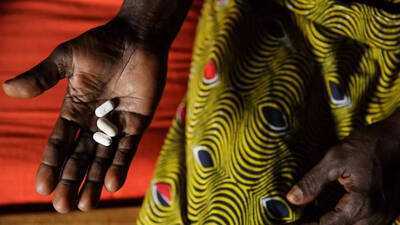
In early 2025, the global fight against HIV/AIDS faced a significant setback with the United States of America's decision to halt foreign aid funding for HIV prevention and treatment programs. This move, part of a broader 90-day pause in US foreign development assistance, has sent shockwaves through the international health community, raising alarms about a potential resurgence of the epidemic.
What is HIV/AIDS?
HIV (human immunodeficiency virus) is a virus that attacks cells that help the body fight infection, making a person more vulnerable to other infections and diseases. It is spread by contact with certain bodily fluids of a person with HIV, most commonly during unprotected sex (sex without a condom or HIV medicine to prevent or treat HIV), or through sharing injection drug equipment.
If left untreated, HIV can lead to the disease AIDS (acquired immunodeficiency syndrome).
Within a few weeks of HIV infection, flu-like symptoms such as fever, sore throat, and fatigue can occur. Then the disease is usually asymptomatic until it progresses to AIDS. AIDS symptoms include weight loss, fever or night sweats, fatigue, and recurrent infections.
There is no existing cure for AIDS, but strict adherence to antiretroviral regimens (ARVs) can dramatically slow the disease's progress as well as prevent secondary infections and complications. Vaccines for HIV are under trial, but no effective vaccine has been developed to date.
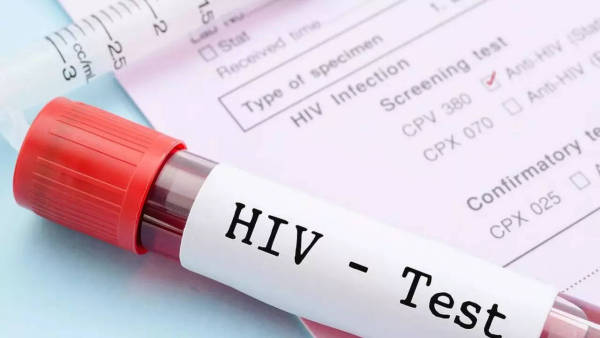
The role of US aid in the global HIV response
For over two decades, the US government has been a cornerstone in the global battle against HIV/AIDS, primarily through the President’s Emergency Plan for AIDS Relief (PEPFAR). In 2024 alone, the US provided critical services to over 83 million people across 55 low- and middle-income countries. These services included HIV testing, pre-exposure prophylaxis (PrEP), and antiretroviral therapy (ART), which have been instrumental in reducing new infections and AIDS-related deaths.
Immediate consequences of funding cuts
The abrupt cessation of US funding has led to widespread disruptions in HIV services. In East and Southern Africa, countries like Malawi, Zimbabwe, and Mozambique, which rely heavily on PEPFAR, have experienced significant setbacks. For instance, in Malawi, the closure of centers of excellence and a drastic reduction in service provision have compromised HIV testing and treatment services. Similarly, in Burundi, the suspension of several major HIV projects has left thousands of individuals without access to essential care.
The human toll
The human cost of these funding cuts is staggering. UNAIDS warns that without immediate restoration of support, there could be an additional 8.7 million new HIV infections and 6.3 million AIDS-related deaths by 2029. These figures represent a tenfold increase from the 600,000 AIDS-related deaths recorded globally in 2023.
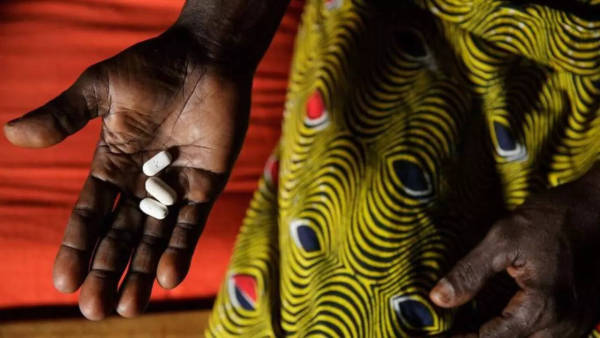
Community-led responses and challenges
In response to the crisis, governments and civil society organizations are striving to fill the gaps left by the funding cuts. However, these efforts are often hampered by limited resources and capacity. In countries like Eswatini, the reduction in HIV testing and the loss of healthcare workers have severely impacted the ability to identify and treat new cases.
Global partnerships and alternative solutions
Despite the challenges, international partnerships continue to play a crucial role in mitigating the impact of US funding cuts. For example, Gilead Sciences and the Global Fund have finalized a plan to provide the new HIV prevention drug lenacapavir to low-income countries, aiming to reach up to 2 million people over three years. While such initiatives are commendable, they cannot fully replace the comprehensive support previously provided by PEPFAR.
Looking ahead
The current situation underscores the critical need for sustained international commitment to the fight against HIV/AIDS. While alternative funding sources are essential, they must be viewed as complementary to, rather than replacements for, established programs like PEPFAR. The global community must rally together to ensure that the progress made in the past two decades is not undone.
-
Humaira Asghar Ali’s Death: Post-Mortem Shows Blackened Organs, Insects In Remains

-
Previous Crew Reported Defects, Warnings Ignored: Key Findings On Deadly Air India Plane Crash
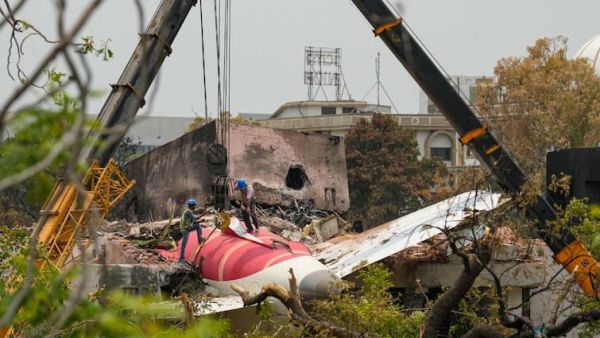
-
Iran's attack on Qatar air base hit geodesic dome used for US communications, satellite photos show
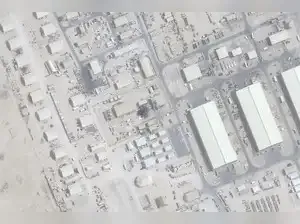
-
Kelsey Mitchell powers Fever past Dream despite Jordin Canada’s career-high 30

-
Bengaluru firm’s remote job offer turns sour after techie uncovers hidden travel costs
